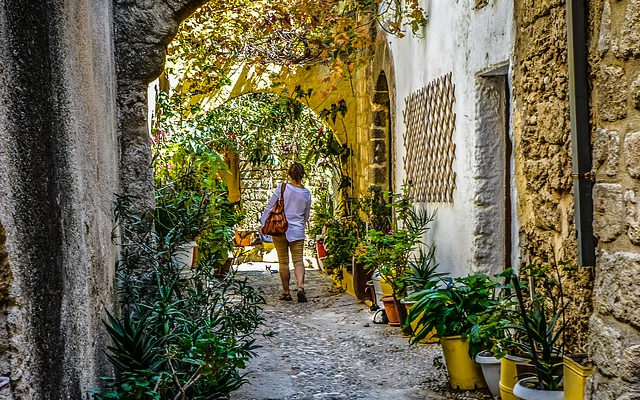By creating millions of jobs and business opportunities, the travel industry generates massive economic growth at a global level. In recent years, however, the rapid rise in the number of tourists and travellers that move across countries and continents – some several times a year – has made many environmentally-friendly people worry about the negative impact of travel.
Travel is one of the leading causes of carbon emissions that contribute to global warming, but since it accounts for a huge percentage of the global GDP, it’s unlikely that governments will take measures to limit mobility in the foreseeable future. Thankfully, this might not be necessary as environmentally-friendly solutions already exist and are expanding quickly.
Greener Fuels
Travel and transportation are interlinked. Cars, planes, ferries and other modes of transport operate incessantly and are essential for travellers, yet they are some of the main culprits when it comes to carbon emissions. Most people have heard of electric cars as a sustainable alternative, but few know that greener fuels are available too.
Supporting an up to 90% CO2 reduction, fossil-free fuel like HVO is made from sustainable raw materials. Since it’s compatible with diesel engines, a greener fuel like this can revolutionize transportation and mitigate the harmful effects of travel until better alternatives will arrive.
Less Meat, More Local Food
Since the meat industry is the world’s biggest polluter, eating less meat can reduce a person’s carbon footprint significantly. Adding that most global chain restaurants import food, which means even more carbon emissions, eco-conscious travellers should take personal responsibility for how their food choices affect the environment.
It thus comes down to each traveller to choose to eat as few animal products as possible and go to local restaurants that use native ingredients instead of going to familiar international chains. Also, travellers can visit local farmers markets for seasonal fruits and vegetables instead of going to supermarkets that sell mostly imports.
Eco-Friendly Accommodation
Many travellers declare that they would choose eco-friendly accommodation if they had the opportunity, so it’s up to hotels, hostels or guest houses to adopt sustainable measures and go greener. Travellers should keep in mind that the bigger and more luxurious the accommodation, the more local resources it consumes. Recycling, energy efficiency and water savings are crucial ways to reduce waste.
New constructions can have a disastrous effect in a natural area by damaging the equilibrium of the fauna and disrupting the life of local species. However, if sustainable site development and design are taken into consideration from the beginning, construction of travel accommodation with renewable materials will present a much smaller risk for the health of the environment.
Travellers who are mindful about sustainability can ask for green certifications before booking flights, accommodation or a tour with a travel agency. Putting in the effort to reduce the effects of pollution and waste is an ethical choice for travellers and non-travellers alike. When the consequences of our actions are biodiversity loss, water scarcity, reduced food production and the disappearance of local communities, any effort is worth it.




